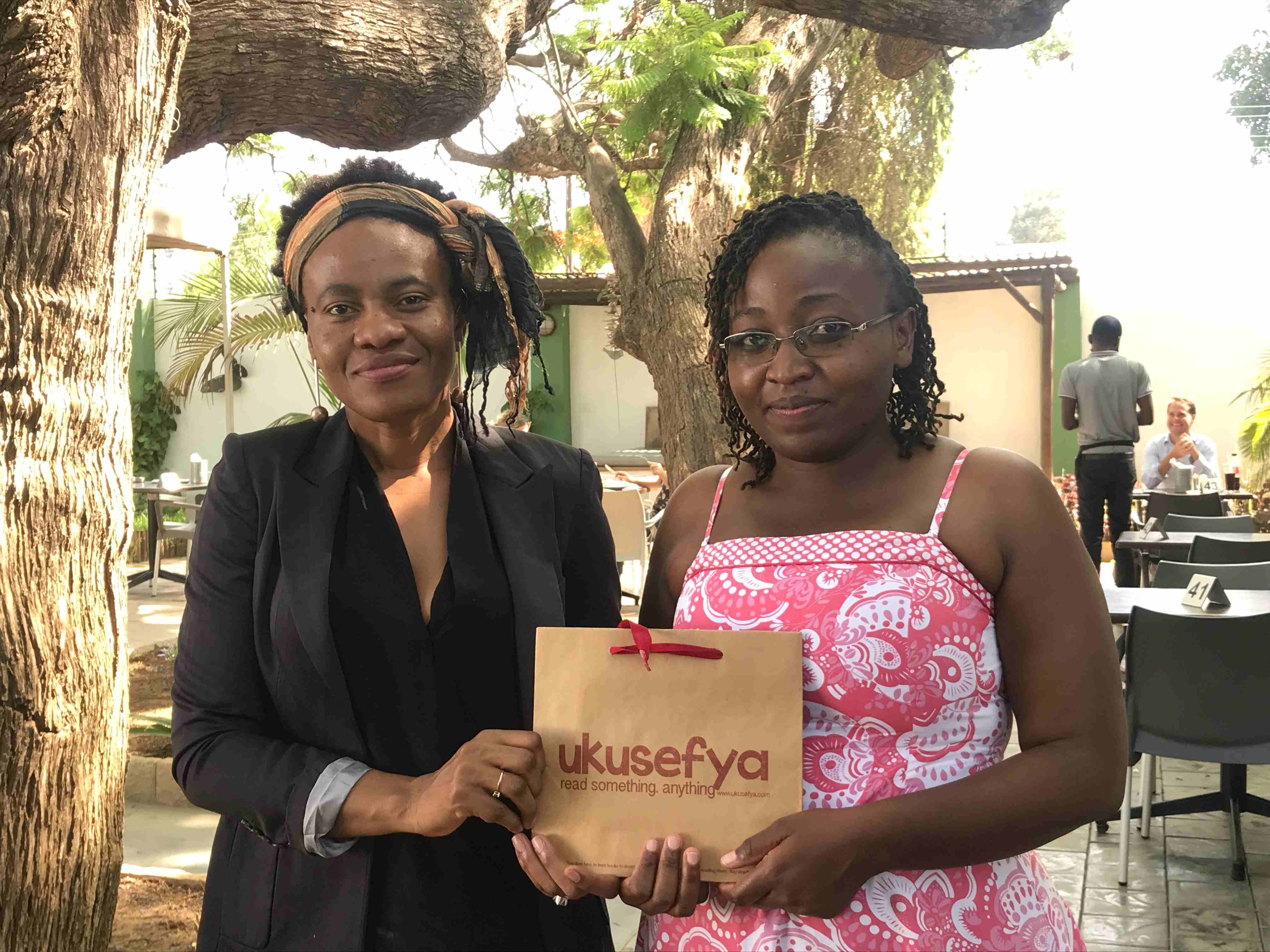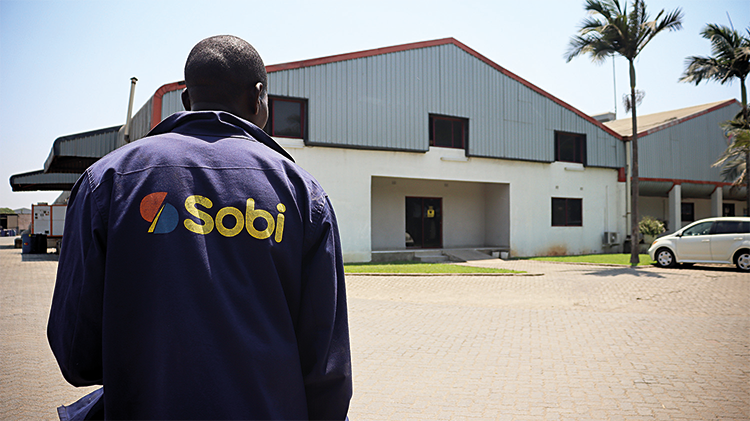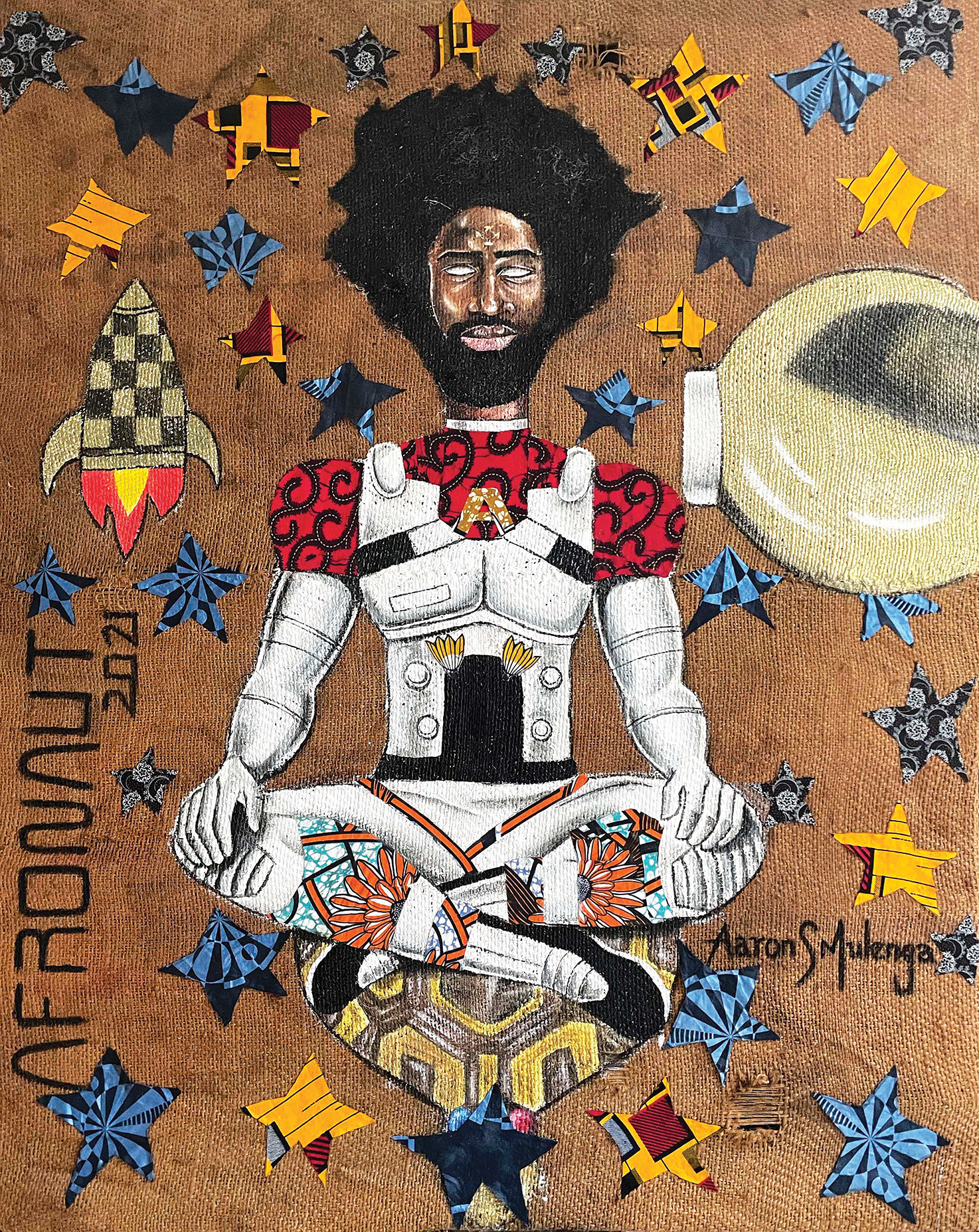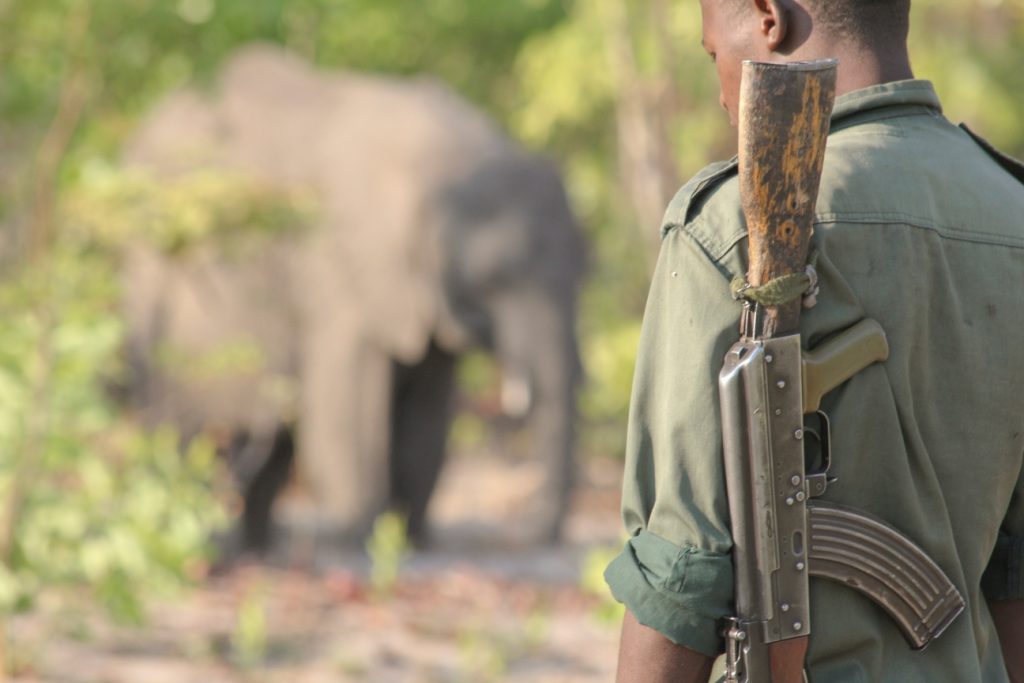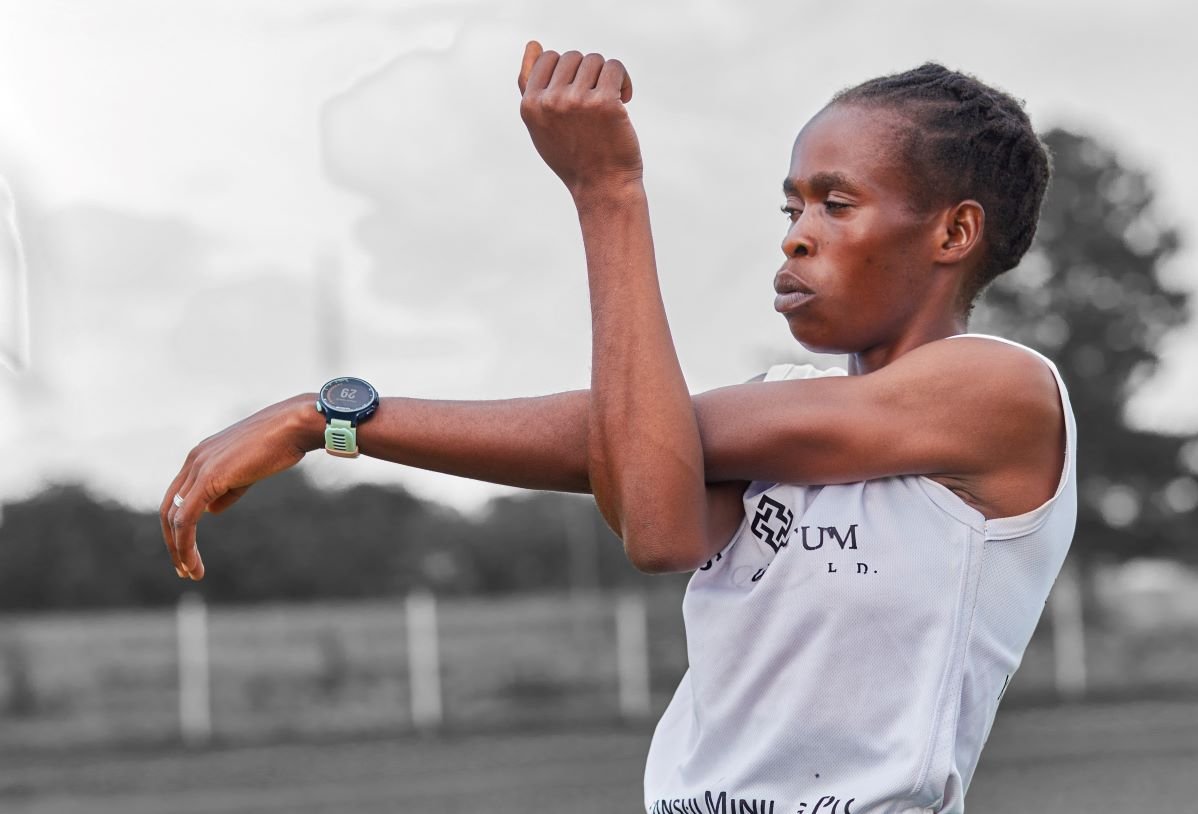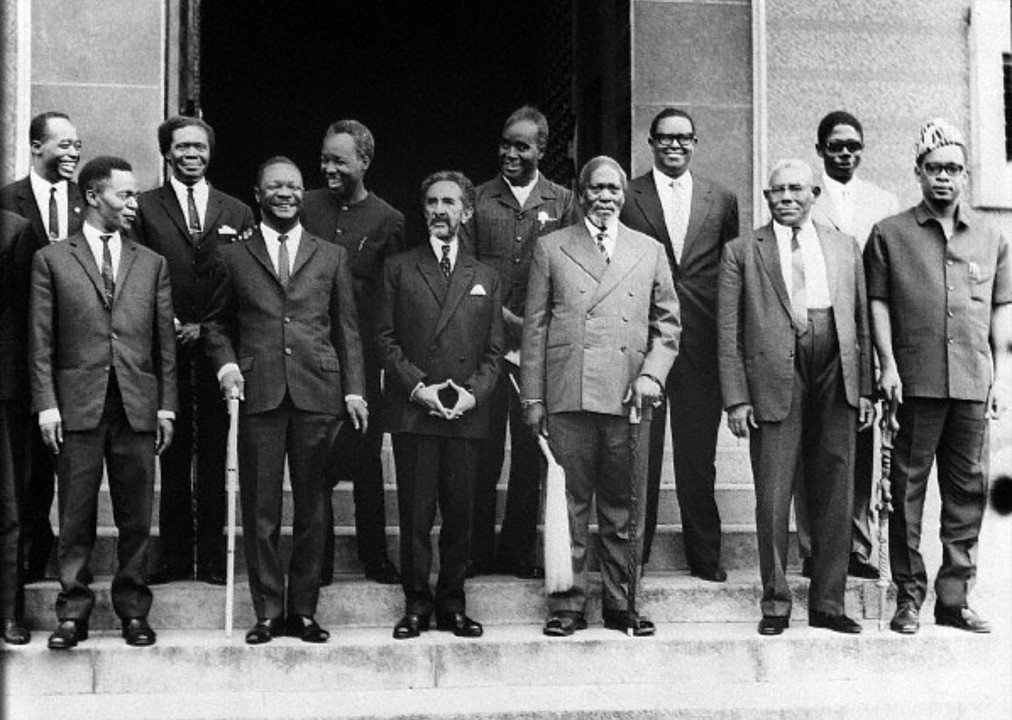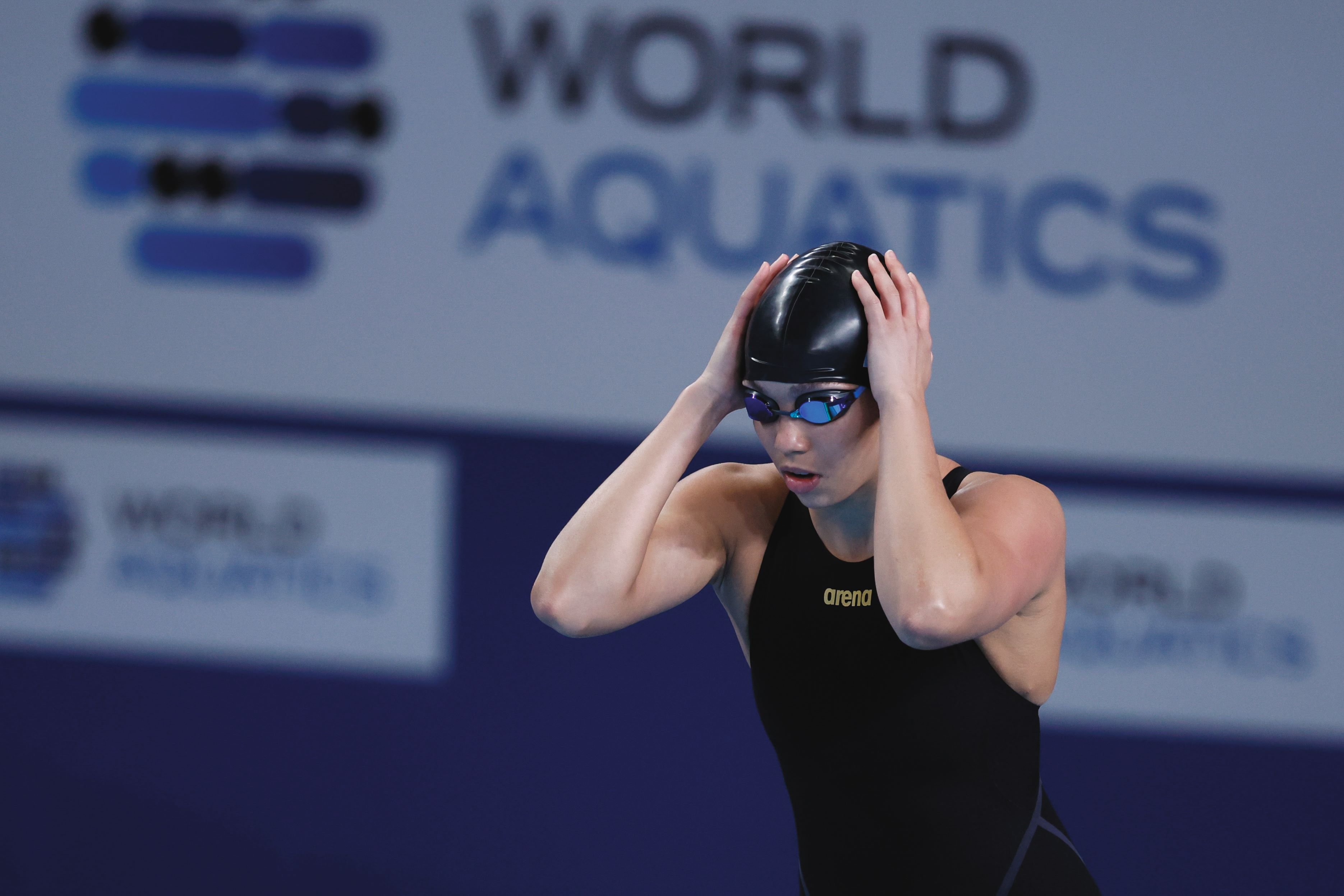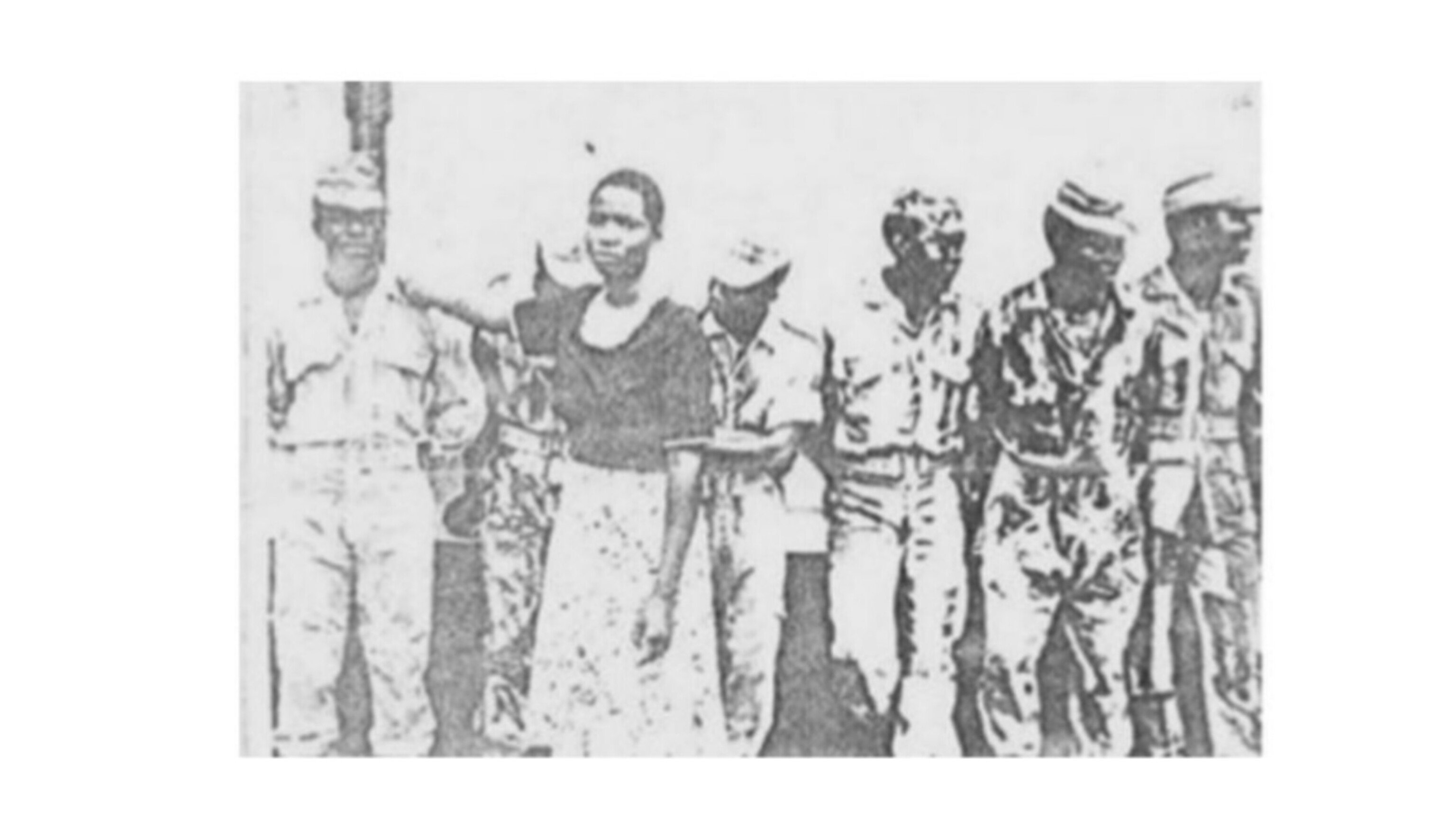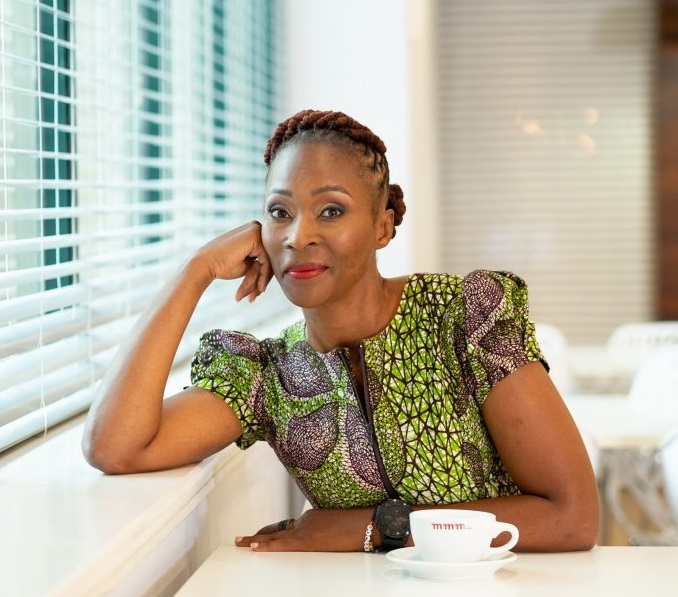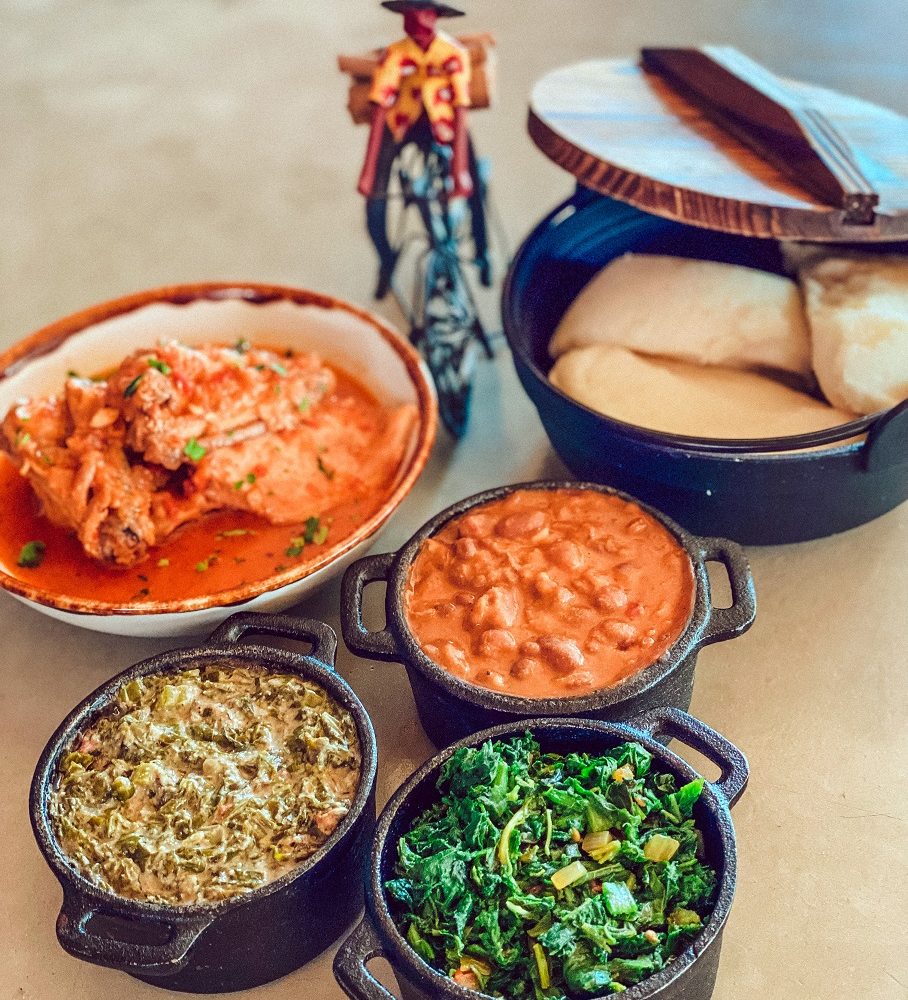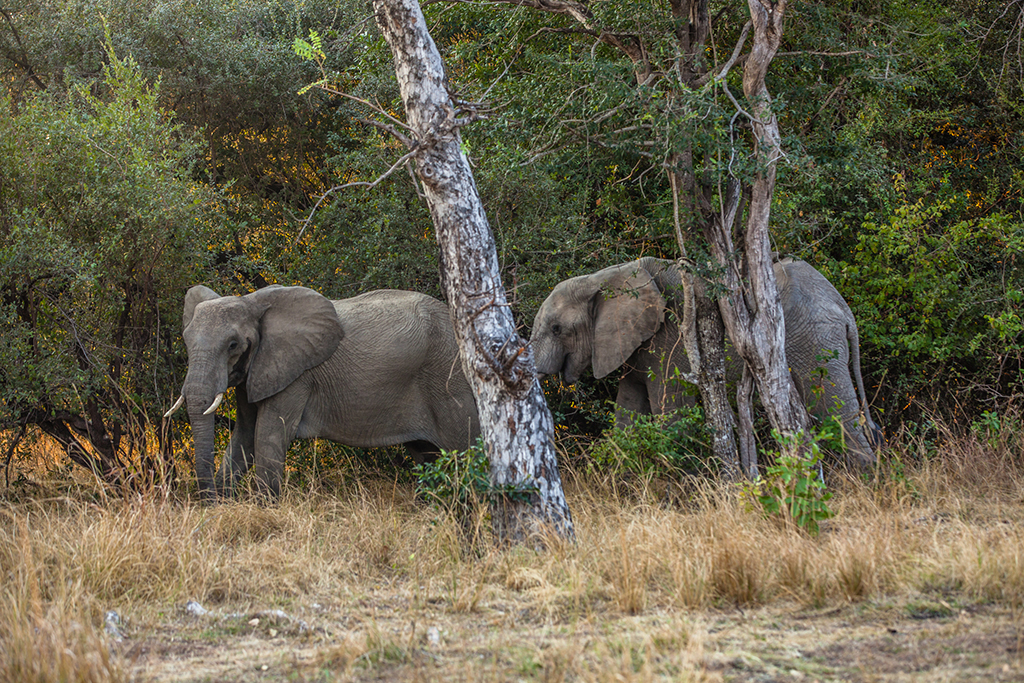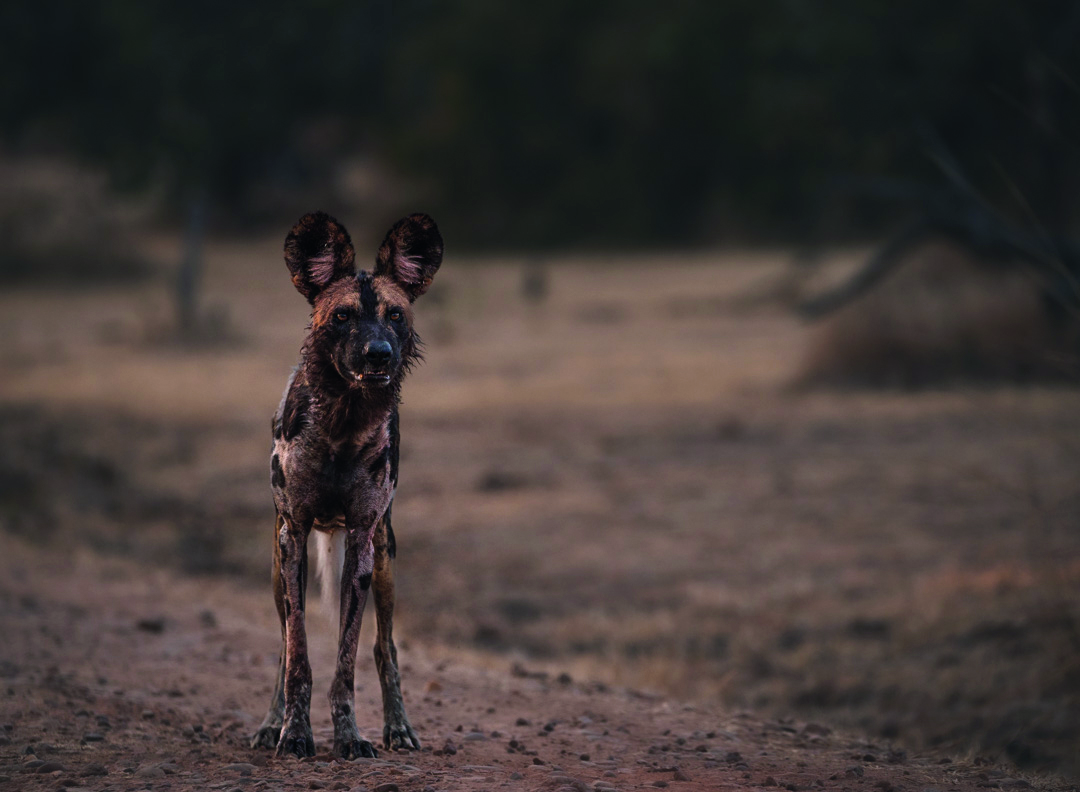Main image: Kalemba 20 winner Rhodasi Mwale (If It Ain’t Broke) receives her $1,000 prize in Lusaka. Presenting her the award is Sampa Kangwa-Wilkie, co-founder of Ukusefya Words, which sponsors the Kalemba Short Story Prize.
The art of storytelling has always played a big part in our culture, beginning with oral storytelling, which is how history has been passed down from generation to generation. It’s a part of our identity. Over the years we have seen Zambian authors across many literary genres publish their works. However, young fiction writers have found it difficult to garner attention on the literary scene. That is where local literary competitions like the Kalemba Short Story Prize come in.

The Kalemba Prize was established in 2018 as an attempt to revive Zambian literary culture. Once upon a time, Zambia had a thriving literary and publishing industry filled with promise, especially right after independence and throughout the First Republic. Not only were we writing in English, we were also writing and publishing fiction in local languages. If you ask anyone who was a youth in the 70s or 80s they’ll speak fondly and reminisce about local fiction works by Stephen A. Mpashi, author of books such as Pio na Vera and Pano Calo.
Sampa Kangwa-Wilkie, one of the founders of Ukusefya Words – the sponsor of the Kalemba Prize enthuses, “We even had a president and vice-president who were avid readers and published writers in Kenneth Kaunda and Simon Kapwepwe. In short, Kalemba was established primarily to tell stories about and of ourselves.”

Ukusefya Words is a Zambian publishing house that was set up in 2013. It is the publisher of the book Insoselo na Mapinda, a collection of more than 600 Bemba proverbs. The team explains, “Ukusefya funds the Kalemba Prize because they believe in the simple idea of telling stories about ourselves. We are a country of storytellers. We have since lost that over the years and Ukusefya is seeking to rekindle that love. We have more stories than we have copper.”
The 2020 Kalemba Short Story Prize or Kalemba 20 was judged by acclaimed Zambian author Ellen Banda-Aaku; award-winning South African writer Masande Ntshanga (Triangulum, The Reactive) – winner of the 2013 PEN International New Voices Award and a finalist for the 2015 Caine Prize; Rwandan-Namibian author Remey Nagmidje, (The Eternal Voice of One) and Mali Kambandu, winner of the inaugural 2018 Kalemba Prize. The Kalemba Prize judges are mostly award-winning writers, editors and leaders of industry from around the continent. New judges are selected each year. Past ones include Namwali Serpell, Mukoma wa Ngugi, Ainehi Edoro, Mulenga Kapwepwe and Austin Kaluba.
Judges look at five elements – characters, setting, plot, conflict and theme. They are looking for that compelling, beautiful storytelling. There is no precise scientific formula, but a good story often jumps out. It has the X factor. The purpose of the literary competition is to encourage and foster the Zambian literature scene. The goals are; to be the home of Zambia’s top fiction, to give young new writers a stepping stone in their journey as writersandultimately, Kalemba wants to build up to the levels of the Caine Prize, Booker Prize and Nobel Prize for Literature.
Rhodasi Mwale won the Kalemba 20 prize for If it Ain’t Broke, a story that sees a protagonist struggling with depression. The judges explain, “If It Ain’t Broke was a clear winner. In this quirky written story, the narrator draws the reader in from the start with a fresh, honest voice about the state of their mind and life. The mentally depressed protagonist is in a situation we have all been in at some point – the state of being discontented with our lives. The moral of the story is one most of us are aware of but perhaps need a reminder.” Rhodasi’s short story caught the attention of the judges beating out 231 stories, because of her flair for writing, fresh voice, an unusual plot twist, and a protagonist who is flawed and relatable.
The team at Ukusefya truly believe that to be a great writer one must write, read and read widely across a variety of genres. An observation made over the last three years is that most writers do not read enough. Sampa Kangwa-Wilkie shares, “You can’t write if you can’t read. If you look at all three winners and finalists over the last three years, one thing that sets them apart from the rest, is that they are avid readers. It shows from their writing. If you can’t read, you can’t write, it’s that simple.”
The hope over the next ten years is to expand the prize in size and scope to include full fiction and other literary forms, in particular, Kalemba Poetry Prize and Kalemba Prize for Literature.The goal is to find and share Zambian literary talent with the world and become the single most coveted literature Prize in Zambia, as well as one of the top influential platforms on the continent.
